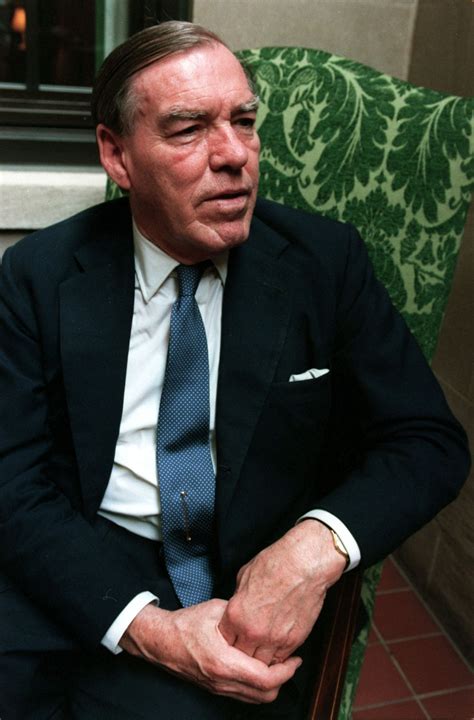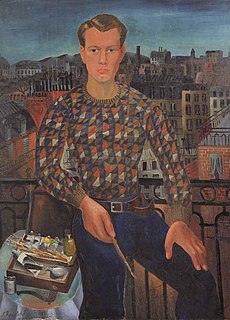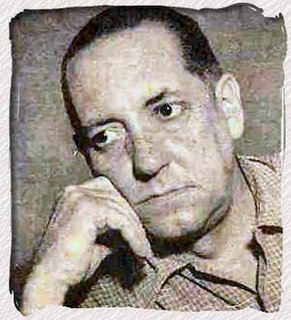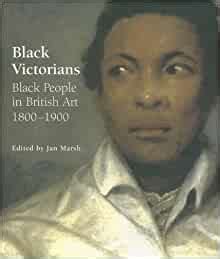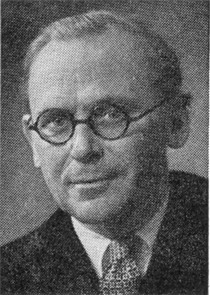A Quote by Joan Didion
The clothes chosen for me as a child had a strong element of the Pre-Raphaelite, muted greens and ivories, dusty rose, what seems in retrospect an eccentric amount of black.
Related Quotes
There is a documentary element in my films, a very strong documentary element, but by documentary element, I mean an element that's out of control, that's not controlled by me. And that element is the words, the language that people use, what they say in an interview. They're not written, not rehearsed. It's spontaneous, extemporaneous material. People
When I was a child, I used to go wandering - disused railway-lines, old barns, dry-stone walls, strangely Pre-Raphaelite copses - it's much more fun to wander than to be guided, and you could do it in those days with freedom and without paranoia. In similar fashion, I try to allow the reader room to wander, even to meander, to almost lose themselves and their grip of the narrative.
Adults who loved and knew me, on many occasions sat me down and told me that I was black. As you could imagine, this had a profound impact on me and soon became my truth. Every friend I had was black; my girlfriends were black. I was seen as black, treated as black, and endured constant overt racism as a young black teenager.
I have a strong antipathy to everything connected with gardens, gardening and gardeners. . . . Gardening seems to me a kind of admission of defeat. . . . Man was made for better things than pruning his rose trees. The state of mind of the confirmed gardener seems to me as reprehensible as that of the confirmed alcoholic. Both have capitulated to the world. Both have become lotus eaters and drifters.
Was it the act of giving birth that made you a mother? Did you lose that label when you relinquished your child? If people were measured by their deeds, on the one hand, I had a woman who had chosen to give me up; on the other, I had a woman who'd sat up with me at night when I was sick as a child, who'd cried with me over boyfriends, who'd clapped fiercely at my law school graduation. Which acts made you more of a mother? Both, I realized. Being a parent wasn't just about bearing a child. It was about bearing witness to its life.
If something produces an undue amount of pleasure or undue amount of displeasure, it's going to be judged differently and it's going to be introduced in your narrative with a different size, with a different development. So that is the next element to superimpose on the sequencing element. And in fact, that element is so powerful that very often it can trump the sequencing event, that the sequencing aspect.

